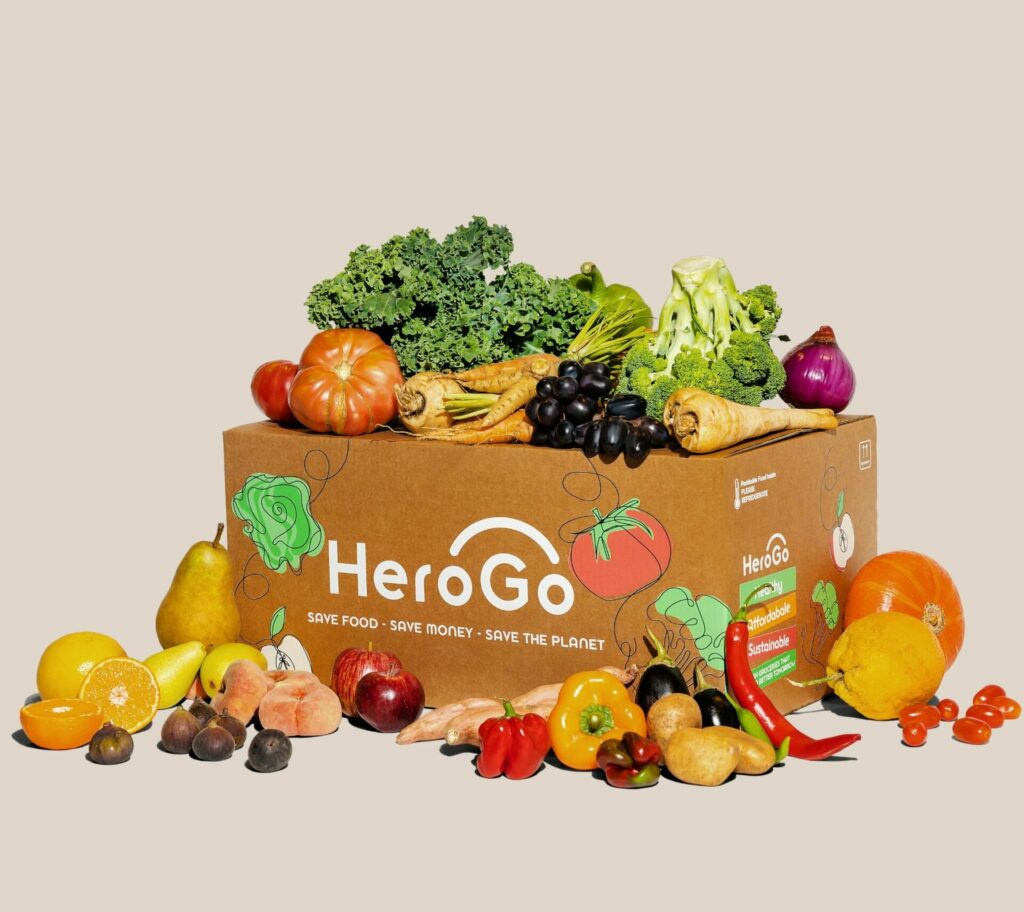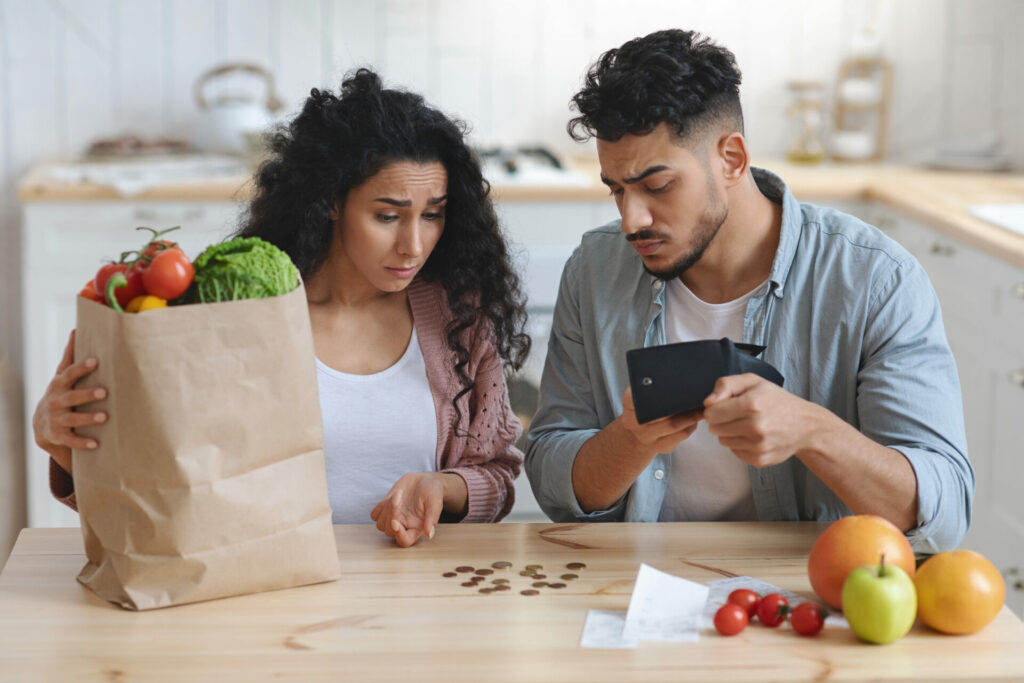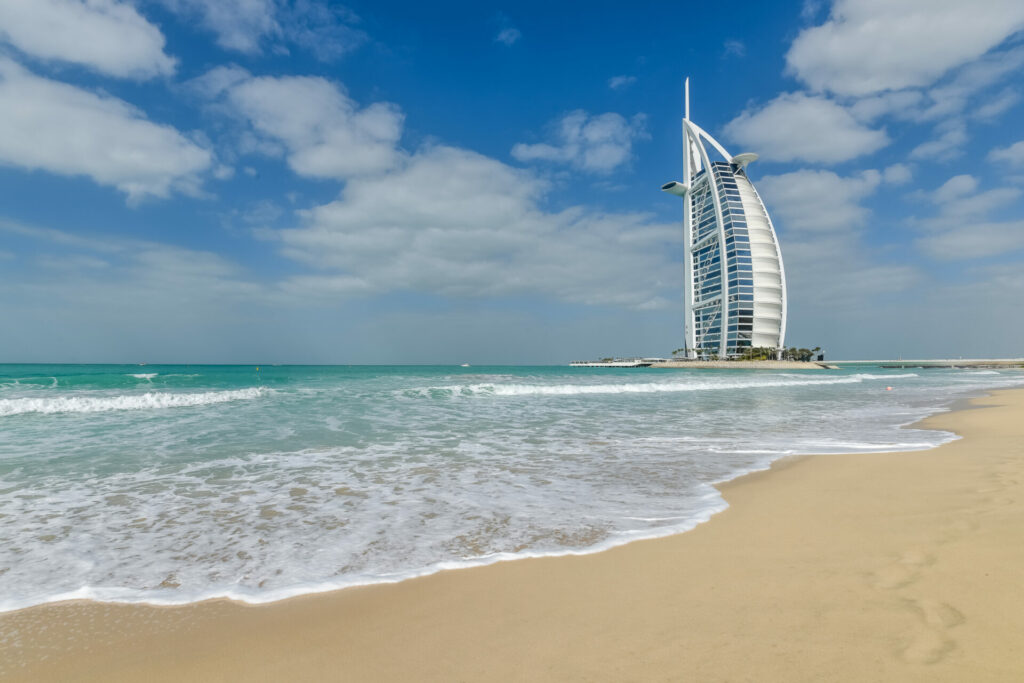Ramadan is an exceptional time in the Islamic calendar, observed by Muslims worldwide. During this time, Muslims fast from dawn until dusk, refraining from food and drink. As a result, food plays an essential role in the holy month, with families and communities coming together to share meals and break their fasts.
However, food waste has become a significant issue in our society, and Ramadan is no exception. According to the World Food Programme (WFP), some 821 million people in the world go hungry, while in developed nations up to one-third of perfectly edible food – 1.3 billion tons of it – ends up spoiled and uneaten.
According to research, food waste in the UAE doubles during Ramadan, costing the local economy more than $3.5 billion annually and meaning that thousands of tonnes of produce simply ends up in landfill.
Furthermore, food waste in the UAE is double that of Europe and the USA, and during Ramadan, this figure doubles again, with each person wasting 4.5kg of food a day, the equivalent of 27 carrots being thrown away by each person every day.
When you consider that all the food produced but never eaten would be sufficient to feed two billion people – more than double the number of undernourished people across the globe, these shocking figures represent a significant problem.
HeroGo – Food Waste Superheroes
Herogo is the first company in the MENA region to fight food waste by rescuing odd-shaped produce deemed imperfect for supermarkets or from sellers with oversupply issues. They partner directly with farmers and wholesalers to reclaim high-quality fresh produce that may have otherwise gone to waste.
‘With large feasts to break fasts and abundant food, it is easy to overindulge and waste food. Roughly, 38 per cent of the food prepared daily in the UAE is wasted; this jumps to around 60 per cent during Ramadan.
Having taken food destined for landfill from suppliers, they then put that food back into the community by delivering affordable fruit and vegetable boxes to homes, offices, and businesses. HeroGo also pledges that every package delivered will provide two meals for two people facing hunger to support the UN’s Sustainable goals for Zero Hunger.

‘The holy month of Ramadan is a time of spiritual reflection and self-improvement. However, sadly, it has also become a time when we experience great food waste, and this wastage has become a major problem,’ explains Daniel Solomon, co-founder of HeroGo.
‘With large feasts to break fasts and abundant food, it is easy to overindulge and waste food. Roughly, 38 per cent of the food prepared daily in the UAE is wasted; this jumps to around 60 per cent during Ramadan. The problem is complex. However, our community members can take simple steps to reduce their impact.’
Here are some tips from Herogo to ensure you welcome blessings into your home – and not a high carbon footprint this Ramadan.
HeroGo’s Top Tips
Calculate the number of guests expected for Iftar, and plan meals ahead to avoid waste: Planning your iftar meals ahead of time will reduce unnecessary supermarket purchases. Instead of wandering around the shops picking random ingredients which will inevitably lead to food waste, write a list of the ingredients you need and stick to it.
Think twice before throwing food out: While mold is a sure sign that an item probably shouldn’t be eaten, there is no need to throw away foods that are only slightly past their sell by date. Many vegetables may appear soft or wilted but still make excellent soups, smoothies, or pot dishes.
Don’t overbuy with tempting supermarket discounts: Studies suggest that as much as 50 per cent of all groceries are sold because of impulsiveness and while many supermarket discounts will promise to save you money, the opposite is more likely to be true. Often shoppers simply end up buying more than they need and inevitably throwing it away.

Compost food scraps: Organic waste from thrown out food generates methane in landfills, a potent greenhouse gas. By composting your wasted food not only are you significantly reducing your carbon footprint but you can use the compost as a mulch or organic fertiliser for your flowerbeds or vegetable garden.
Don’t go shopping on an empty stomach: Not only does shopping on an empty stomach waste food but it also wastes your hard earned wages. Cut down on impulsive spending by always making sure to shop after you’ve eaten to avoid tasty but probably nutritionally void food purchases.
Make stocks: Excess food and vegetable scraps are great ingredients for making a hearty vegetable broth. Store it in the fridge and use within a few days or freeze it to extend its lifespan.
Donate excess sealed food to registered UAE food banks or organisations.
We can all play our part in creating a more sustainable future with a little effort. By following these tips, you can help reduce the amount of food wasted during Ramadan and throughout the year










